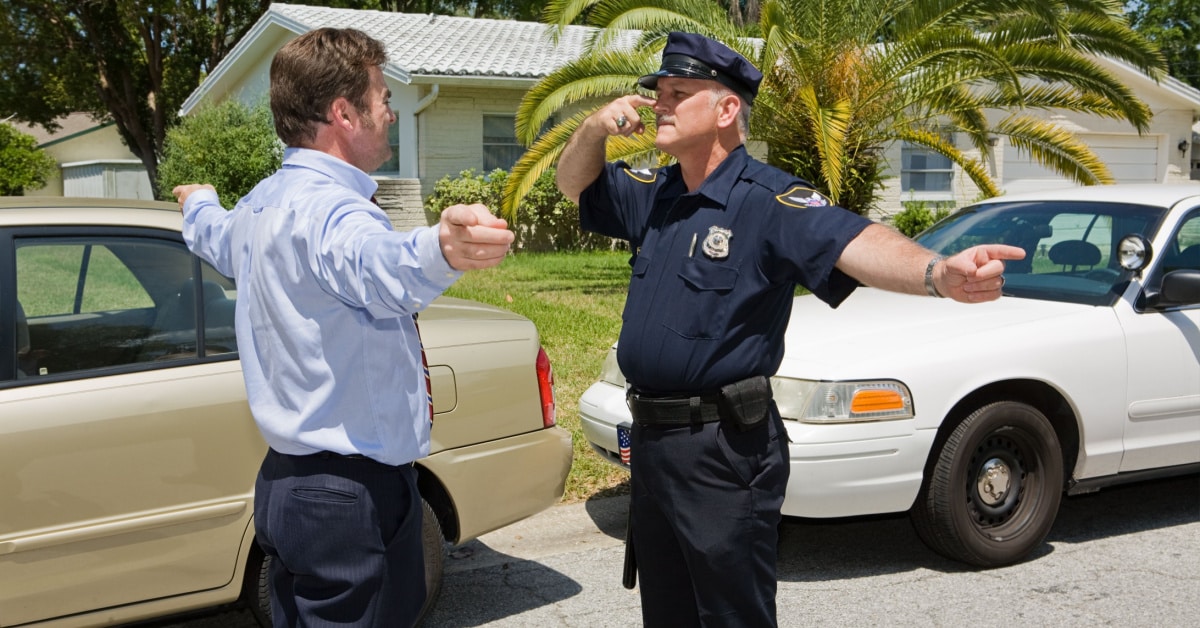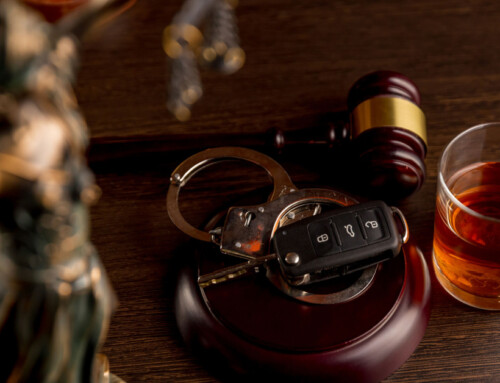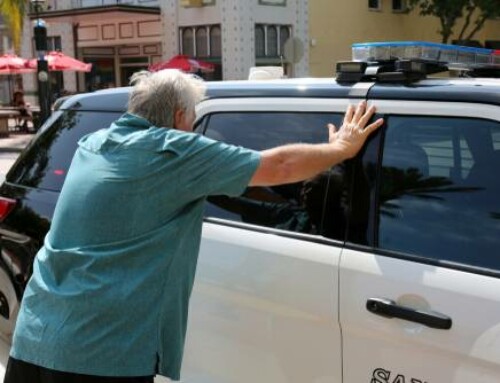Police officers in South Carolina can rely on several types of evidence to make DUI arrests. One of these types of evidence is a suspect’s “failure” of the field sobriety tests (FSTs).
Under South Carolina law, you are not required to take field sobriety tests during a DUI stop. You have the absolute right to refuse. But the police don’t have to inform you of this right, and if you are like most people, you won’t learn of your right to refuse until after your arrest.
So, now that it’s too late to refuse the FSTs, what options do you have available?
As we’ve discussed previously, there are several ways to challenge your field sobriety test results in South Carolina. One of these ways is to show that your arresting officer administered the FSTs improperly. If your arresting officer failed to take all the steps required for proper FST administration, this could provide grounds to keep your “failure” out of court.
Requirements for Properly Administering the Field Sobriety Tests in South Carolina
There are three “standardized” field sobriety tests, and the police in South Carolina use all three during DUI stops. To properly administer the FSTs, police officers must take several steps, including confirming that they understand the instructions that they have been given.
1. One Leg Stand Test
During the one-leg stand test, the officer will tell you to raise one leg and keep it off the ground. Putting your foot down, using your arms for balance, swaying, and hopping can all lead to a failing grade. To properly administer the one-leg stand test, police officers in South Carolina must:
- Tell you to stand straight with your feet placed together and your arms at your sides.
- Tell you to raise one leg approximately six inches off of the ground and keep it raised until you receive further instructions.
- Ask if you understand the instructions for the test.
- Start the test by telling you to keep both legs straight and to look at your elevated foot.
- Tell you to count seconds out loud until instructed to stop (up to 30 seconds).
2. Walk and Turn Test
During the walk-and-turn test, the officer will tell you to walk in a straight line on the side of the road before turning and returning to where you started. Losing your balance, starting too soon, stopping while walking, stepping off the line, taking the wrong number of steps, failing to walk heel-to-toe, and using your arms for balance can all lead to a failing grade. To properly administer the walk-and-turn test, police officers in South Carolina must:
- Tell you to place your feet in a heel-to-toe line with your arms at your sides.
- Tell you to take nine heel-to-toe steps in a line but not to start until told to do so.
- Ask if you understand the instructions for the test.
- Start the test by telling you to take nine heel-to-toe steps and not stop once you begin.
- Tell you to count your steps out loud, look at your feet while you walk, and not raise your arms from your sides.
3. Horizontal Gaze Nystagmus Test
The horizontal gaze nystagmus test is designed to test for intoxication by looking at the movement of your eyes. Nystagmus is the medical term for the involuntary jerky movement of the eyes, which can be (but isn’t necessarily) evidence of intoxication. Sustained nystagmus at maximum deviation (when you are looking to one side) and onset of nystagmus before 45 degrees of deviation can lead to a failing grade. To properly administer the horizontal gaze nystagmus test, police officers in South Carolina must:
- Hold a stimulus (such as a pen) approximately 12 to 15 inches from your nose and above eye level.
- Before beginning the test, check for equal pupil size, equal tracking, and resting nystagmus.
- Smoothly move the stimulus from the center of the nose to maximum deviation, then back to the center for both eyes, and repeat.
- Instruct you to hold your eyes at maximum deviation for at least four seconds on both sides, then repeat.
- Instruct you to move your eyes slowly from the center to a 45-degree angle on both sides, then repeat.
- Check for vertical gaze nystagmus, then repeat.
Challenging Your Field Sobriety Test Results Might Not Be Enough on Its Own
While raising issues with your arresting officer’s administration of the field sobriety tests can be one way to raise questions about your guilt, it is essential to understand that this also might not be sufficient on its own. The police may have gathered various other forms of evidence as well, and even without your FST results, this other evidence may still be enough for prosecutors to win a conviction in court.
Additionally, even if prosecutors can’t prove that you were impaired, they can still secure a conviction based solely on your blood alcohol concentration (BAC). Under South Carolina law, you can be convicted of DUI if your “faculties to drive are materially and appreciably impaired” or your BAC is over the legal limit.
With this in mind, when facing a DUI charge in South Carolina, you must work closely with an experienced lawyer to build a comprehensive defense strategy. By asserting all viable defenses (including challenging your FST results), you can minimize your risk of facing unnecessary consequences.
Discuss Your Drunk Driving Case with North Charleston DUI Defense Lawyer Rad S. Deaton
North Charleston DUI defense lawyer Rad S. Deaton has extensive experience defending clients against drunk driving charges in South Carolina. If you are facing the life-altering consequences of a DUI, you must protect yourself by all means available. To confidently discuss your case with Mr. Deaton, please call 843-225-5723 or request a free initial consultation online today.






